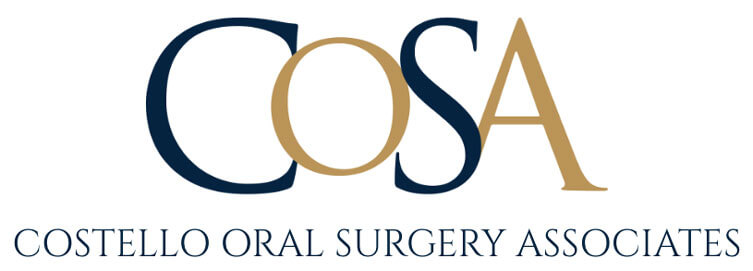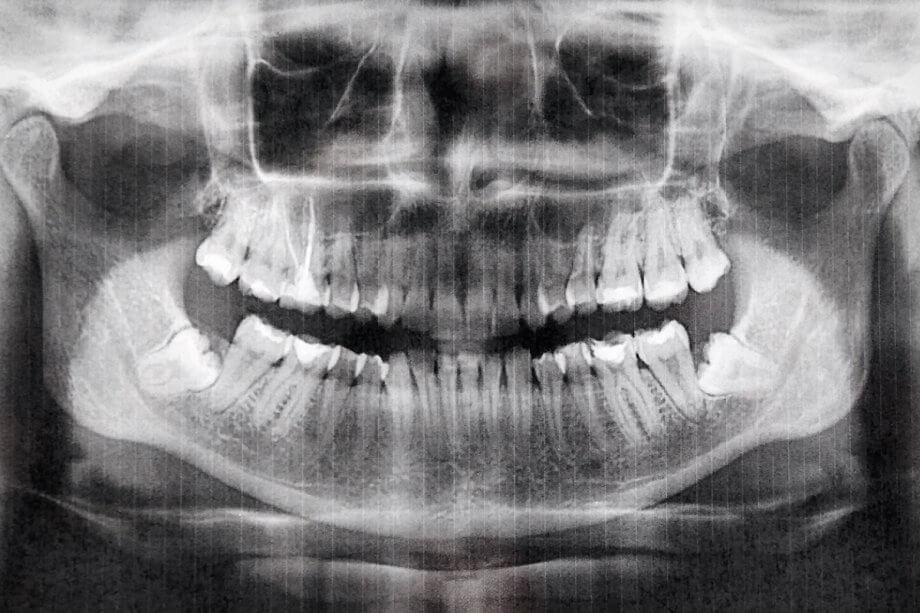Whether your wisdom teeth are simply crowding your mouth, or they are impacted and painful, extracting wisdom teeth is usually the best solution for your dental health.
From why wisdom teeth even exist to what happens when you remove them, our patients often have questions about these teeth.
Here are some answers to the top ten questions about wisdom teeth extraction that we hear.
1. What is the purpose of wisdom teeth?
Wisdom teeth were once necessary for our ancestors, with their diet of raw plants and meat. Today, our diet has evolved just as we have, making wisdom teeth no longer necessary.
2. Why is there no room for my wisdom teeth to come in?
Along with not being necessary, wisdom teeth often don’t fit our mouths and jaws. This is because today human jaws are considerably smaller than that of our ancestors. And so, without enough room to fit easily, wisdom teeth will often push up and crowd other teeth or be unable to erupt properly, causing impaction.
3. What is wisdom teeth extraction?
If your wisdom teeth are crowding your other teeth, or if they are impacted, extraction is the solution to end red and swollen gums, and prevent crooked teeth, gum disease, and tooth decay.
Extraction involves the removal of wisdom teeth, usually in-office, with either local, sedation, or general anesthesia used to eliminate pain during the procedure. The gum tissue at your extraction site will be opened if the tooth is impacted, and the tooth removed.
4. How long does it take to heal from a wisdom tooth extraction?
While it usually only takes 2-4 days to recover from a wisdom tooth extraction, if your teeth are badly impacted, it could take up to a week.
5. How can I make healing go more quickly?
The best way to improve your healing time is to get enough rest, take any pain medication that is prescribed for your comfort, and do not perform any strenuous physical activity or exercise.
6. What should I eat after an extraction?
Soft foods and liquids are key for the first day or two. This includes ice cream, yogurt, smoothies, soft scrambled eggs, and soups.
7. What should I avoid after an extraction?
You should avoid tough, chewy, or crunchy foods that can lodge near or on the extraction site. Avoid very hot beverages, because the heat can disrupt the healing blood clot over your extraction. No smoking, no alcohol, and no straws which can also disrupt the cloth, and cause injury to the healing process.
8. What helps with healing more, cold or hot packs?
Holding an ice pack outside your cheek following an extraction can be very helpful the first day after your procedure. It only needs to be held a few minutes at a time throughout the day.
After the first day, warm heat, such as a warm washcloth, can help stimulate healing and reduce any swelling.
9. Should I brush my teeth after an extraction?
While you want to maintain good oral health, of course, your dental team will provide guidelines for you to follow about how to care for your teeth following a wisdom tooth extraction. Rinsing with warm salt water after any food and at bedtime and in the morning can help facilitate healing and keep your teeth healthy.
10. What activities should I avoid?
You should avoid any strenuous activity or exercise, as this could cause injury to the extraction site. Get plenty of rest, which really helps to promote healing.
Your dental team will schedule follow-up appointments following your procedure. But in the meantime, be sure to call your dentist immediately if you experience any increased gum swelling, fever, or increased bleeding as you recover.
Ready to Learn More about Wisdom Teeth Extraction?
If you’re ready to learn more about wisdom teeth extraction, reach out to us today. We’re here to help.

